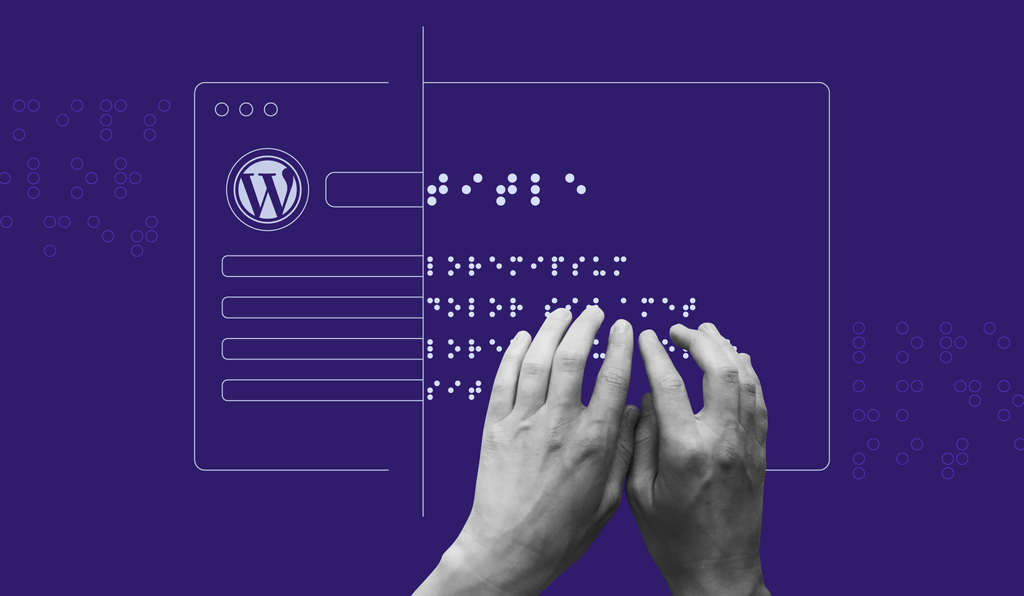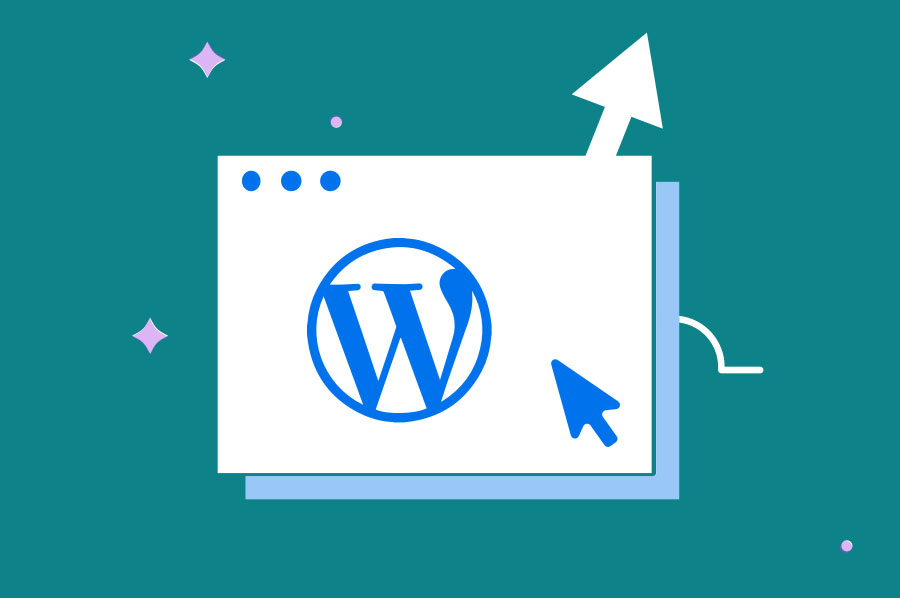With regards to building a site, there are different instruments and innovations accessible. Two well known choices are WordPress and HTML. In this article, we'll investigate the upsides and downsides of each and assist you with concluding which one is best for you.
WordPress:
WordPress is a Substance The executives Framework (CMS) that is utilized to construct sites. A free and open-source stage permits clients to make and deal with their own sites without having to know how to code. WordPress is known for its usability and easy to use interface.
Aces of WordPress:
Simple to Utilize: WordPress has a straightforward and instinctive UI that makes it simple for novices to make and deal with their own sites.
Huge People group: WordPress has an enormous and dynamic local area of clients and engineers who are continually making new modules, subjects, and different assets that can be utilized to improve and tweak WordPress sites.
Customization: WordPress takes into consideration a serious level of customization. There are great many free and paid subjects and modules accessible that can be utilized to add new usefulness and plan components to your site.
Web optimization Well disposed: WordPress is planned considering Web optimization, and there are a few modules accessible that can assist you with upgrading your site for web indexes.
Cons of WordPress:
Restricted Control: While WordPress considers a serious level of customization, it tends to be restricted with regards to command over the web composition's and usefulness.
Security Dangers: In light of the fact that WordPress is an open-source stage, it tends to be more powerless against security dangers. Nonetheless, this hazard can be limited by keeping WordPress refreshed and utilizing security modules.
Execution Issues: WordPress can once in a while be delayed to stack, particularly on the off chance that it is stacked with such a large number of modules and subjects.
HTML
HTML (Hypertext Markup Language) is a programming language used to make and design content on the web. HTML is utilized to make the construction and design of a site, while CSS is utilized to style the site's appearance.
Masters of HTML:
Full Control: While building a site with HTML, you have full command over each part of the web composition's and usefulness.
Lightweight: HTML sites are ordinarily quicker and more lightweight than sites worked with CMS stages like WordPress.
Security: Since HTML sites are static and don't depend on information bases, they are ordinarily safer than CMS sites.
Cons of HTML:
Steep Expectation to learn and adapt: HTML requires information on programming and web improvement, which can be a lofty expectation to learn and adapt for novices.
Restricted Customization: While HTML considers a serious level of control, it very well may be restricted with regards to customization choices, particularly for non-developers.
Support: HTML sites require more upkeep than CMS sites, as changes to the web architecture's or content require manual coding.
Anyway, which one would it be advisable for you to pick?
Eventually, the decision among WordPress and HTML relies upon your singular requirements and range of abilities. On the off chance that you are a fledgling with practically zero programming experience, WordPress is an extraordinary choice due to its easy to understand interface and the enormous local area of assets accessible. In the event that you are searching for full command over your web composition's and usefulness and have programming experience, HTML might be a superior decision. At last, the two choices have their upsides and downsides, so it's essential to consider your requirements and objectives while settling on a choice.





0 تعليقات